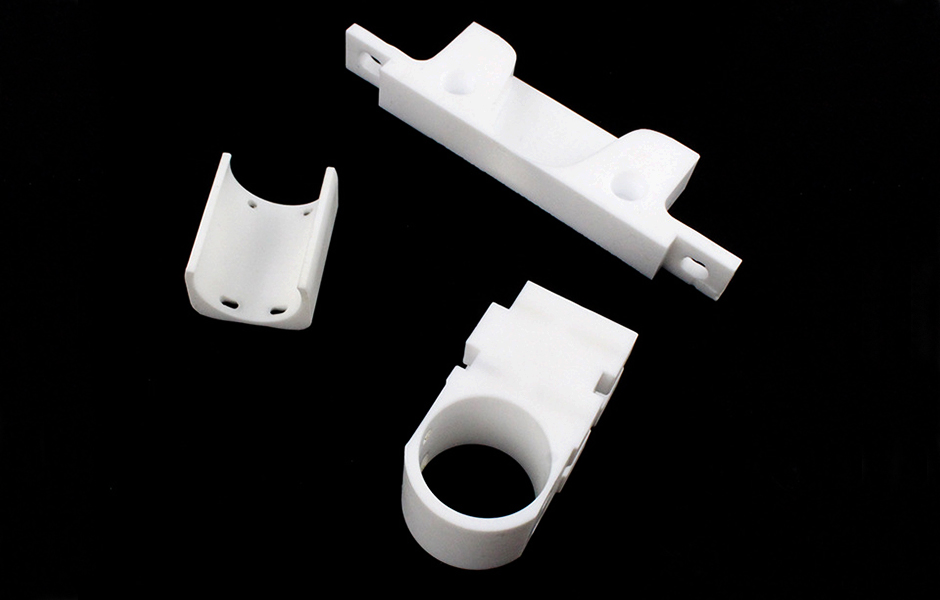Plastic part manufacturing has grown significantly over the last couple of decades. Through technologies like 3D printing, CNC machining and plastic injection molding, manufacturing high-quality and functional plastic parts has become easier than ever. Today, however, many manufacturers are not fully aware of all the benefits of using plastic in manufacturing end products. In this blog, we take a quick look at all the benefits of plastic and highlight some of the best reasons why you should consider switching from metal to plastic in your product design.

- Changes in Regulations
Regulations and policies protecting the environment, manufacturing employees, and product end-users are becoming more prominent. Engineered resins for custom injection molding can be designed to comply with EPA regulations by limiting VOC emissions. Plastics can also be used to eliminate potentially harmful metals, such as lead, from public products. Because these plastics are customizable, they perform as well as — or better than — their metal counterparts.
- Plastic is Lighter than Metal
Shipping costs can really eat away at the bottom line for any company. With the rising cost of fuel and the marketplace becoming more competitive in terms of shipping prices, companies can stand to lose a substantial profit if shipping costs aren’t addressed.
While there are many ways to help drive down the cost of shipping, one key way is to drive down the weight of the product you are shipping. Plastic is significantly lighter than metal, making it easier and more affordable to ship.
- Plastic Lasts Longer
As mentioned previously, plastic doesn’t rust and isn’t subject to corrosion. Plastic can also be more durable than metal, causing it to last longer. This can save your company a significant amount of money in the long run when it comes to replacing parts. It also reduces the amount of time spent on maintenance. If you find yourself constantly replacing the same metal parts in your products, why not consider switching these metal parts out with plastic parts?
- Plastic is More Flexible than Metal
When designing a project, flexibility is crucial. Designing products that are seamless and include as few parts and pieces as possible is typically the goal for most manufacturers.
Metal can make that harder as it is not as flexible as plastic. One plastic part can often take the place of two or three metal parts due its flexibility. Many rotomolded plastic parts are taking the place of metal parts in products like furniture, food and beverage equipment, outdoor equipment and watercraft among many others.
- Plastic is Heat Resistant
When it comes to designing systems that require parts to withstand extreme heat and conditions, the options can be slim. Metal can bend and react to variety of chemicals. Rotomolded plastics, however, are exceptionally heat and chemical resistant making them a good option for fuel systems and other products that require strong heat and chemical resistance.
In addition to being heat and chemical resistant, rotomolded plastic is also electrically and thermally conducive, making it a great alternative to metal in automotive electrical systems and EMF/RFI shields.
6. Plastic Doesn’t Rust
One of the inevitable things when including metal in a project is that metal will eventually rust and could ultimately corrode. In harsh weather environments including coastal and high humidity environments, rust and corrosion can be sped up.
Plastic doesn’t rust and is able to withstand harsher conditions and weather environments without corrosion. Plastic parts can typically last six times longer than standard metal components.
While metal may be the longstanding norm for your products, it may be time to reconsider. Metal is strong, durable and heat-resistant, but what if you can get the same thing with plastic while also saving you money on your next project?